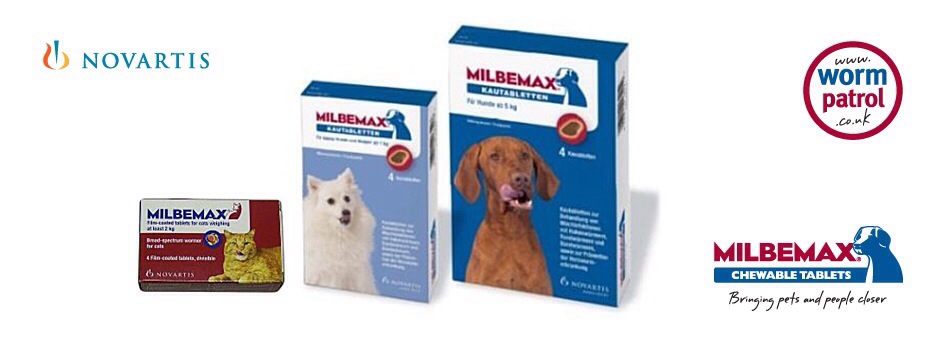Worming is Recommended in adult pets every three months
Protect your pet against worms! Healthy looking animals can carry them, so it’s very important to worm pets regularly.
WHY WORM YOUR PET?
Worms can cause suffering, illness and even death. Some types of worms can be spread between pets and people and can cause diseases. But with the right advice and treatment you can help protect pets and people from disease.
Our pets are at risk of picking up different types of worms, such as roundworms and tapeworms.
Animals can pick worms up in a variety of ways, including from other infected animals, from mother to offspring, from eating the larvae or eggs of worms in their environment.
WHAT ARE THE SIGNS MY PET IS INFECTED?
Many infected animals do not show any outward signs, so it’s important to have a worm control programme in place for your pet. Your vet will be able to advise you about this.
But, if your animal is infected, you may see worms in faeces or vomit, or around your pet’s bottom.
If you do see any worms on or near your animal, wrap them up in damp cotton wool and take them to the vet who will be able to identify them and treat your animal accordingly.
If your
dog or
cat starts losing weight, this could be a sign that unwelcome visitors have arrived.
Other signs of worms include fur becoming dry and coarse, increased appetite, weakness and diarrhoea. Your pet may also lick its bottom more than usual.
In severe cases, infected puppies and kittens can have a distended abdomen or ‘pot belly’.
REDUCING RISK

You should maintain an effective worm control program. We reccomend MILBEMAX for cats and dogs every 3 months for adults..
In addition to worming programs, you can also prevent tapeworms by using a flea treatment regularly. We reccomend
FRONTLINE COMBO.
Ensure you disinfect your pet’s food and water bowls regularly.
In addition to worming, removing droppings and rotating which areas your animal has access to can also minimize the risk of infection.
Pregnant animals should only be wormed under the supervision of a vet.
Wash your hands thoroughly before you eat and ensure children also do this.
Clean up after your pet and dispose of faeces and urine carefully.
If you suspect your pet has worms please contact our practices on 028 90666881 or 028 90799500

